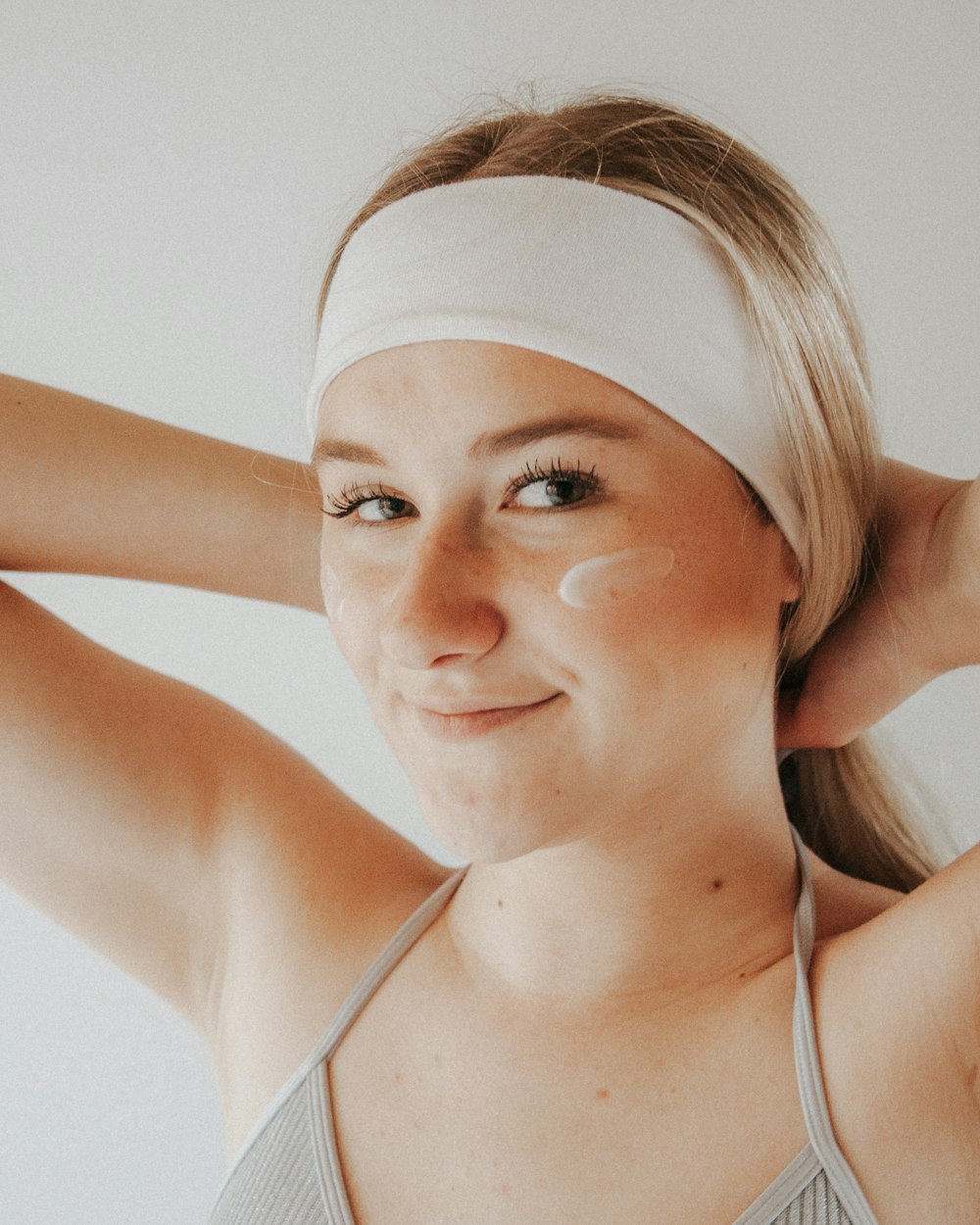Choosing a moisturizer to buy sounds like a very simple task. However, if you walk down the skin-care section in stores, you’ll immediately discover that there are a lot of options. From lotions, ointments, face creams, and moisturizers, it can get confusing.
So, how do you choose the right moisturizer for you? We cover some expert advice from dermatologists to help you pick the best moisturizer for your skin’s best radiance.

What moisturizer should you use with a lotion, cream, or ointment?
Regardless of the type of skin you have, be it dry, oily, or a combination of the two, choosing a moisturizer is necessary. If you have dry or itchy skin, you should use a thick ointment to retain moisture.
Creams are lighter, moisturize better, and are suitable for regular skin. Lotions are a suitable fit for oily skin since they are the lightest.
How thick your moisturizer is should be determined by when and where it will be applied to your body. Andrea Cambio, a dermatologist in Florida, recommends that you use a light moisturizer during the day and for the night, you can choose a heavier one.
You could also apply a body cream that is thick and a lighter moisturizing lotion on your face. In the summer, opt for lighter moisturizers for hydration.
Moisturizing Product Recommendations
- Protection against the sun. Almost every dermatologist advises using a moisturizer that has a minimum of SPF 30 sunscreen, regardless of your type of skin. If you’re buying it for your face, pick one that is free from oil and fragrance, according to Cambio.
- Antioxidants. Antioxidant moisturizers like green tea, pomegranate, chamomile, or licorice root extract can make any skin type seem young and healthy. Free radicals, which destroy skin cells, are neutralized by antioxidants.
- Skin that is oily or acne-prone. A dermatologist in Chicago called Carolyn Jacob states, “I like alpha-hydroxy acids, which are also anti-aging.” If you suffer from acne, seek a non-comedogenic face moisturizer that will not clog your pores.
- Skin that is parched. Look for components like dimethicone and hyaluronic acid, which keep the skin hydrated in a thicker moisturizer. Water is drawn to your skin by urea, propylene glycol, glycerin, and proteins. Lanolin, petrolatum, and mineral oil are moisture-binding substances.
- Skin that is sensitive. Get a hypoallergenic moisturizer that is free from fragrance. Sonia Badreshia-Bansal, MD, a dermatologist in California, recommends choosing one with fewer than ten components. Because there are fewer components, there are fewer potential reactions with sensitive skin.
- The skin is itchy. If a hypoallergenic moisturizing cream does not work, consider a 1% hydrocortisone steroid skin cream for a week, but not more. If this does not relieve the itch, consult your doctor. You could be suffering from a more serious skin condition.
- Eczema. To help heal fissures and maintain skin suppleness, apply a thick moisturizing ointment that has petrolatum or just use petroleum jelly.
What To Avoid
Whenever it comes to picking a moisturizer, there are a few things to keep in mind:
- For the components in a moisturizer, more may not always be better. Stay away from some common additives to obtain the best effect on your skin.
- Perfumes and colorings. Whether you have sensitive skin, dry skin, or somewhere in between, many experts recommend avoiding superfluous and potentially irritating chemicals like additional colors and scents. Antibacterial agents can often be very harsh, removing vital oils from the skin.
- Ingredients that are good for the body. What is excellent for your body may or may not be good for your face. Forgo facial moisturizers that contain prominent body product ingredients such as mineral oil, lanolin, waxes, or shea butter, according to Cambio. They can block pores and lead to facial acne.
- There are too many acids. For dry or sensitive skin, stay away from alpha-hydroxy acids, retinoic acid, glycolic acid, and salicylic acid. These chemicals may irritate sensitive skin by penetrating too deep into the skin. Alcohol-containing items should also be avoided.
- Using steroidal substances excessively (for itchy skin). Unless your doctor advises otherwise, restrict your use of steroid ointment or cream for 1-2 weeks. Excessive use of these lotions might cause the skin to become very thin and lead to additional skin issues.


